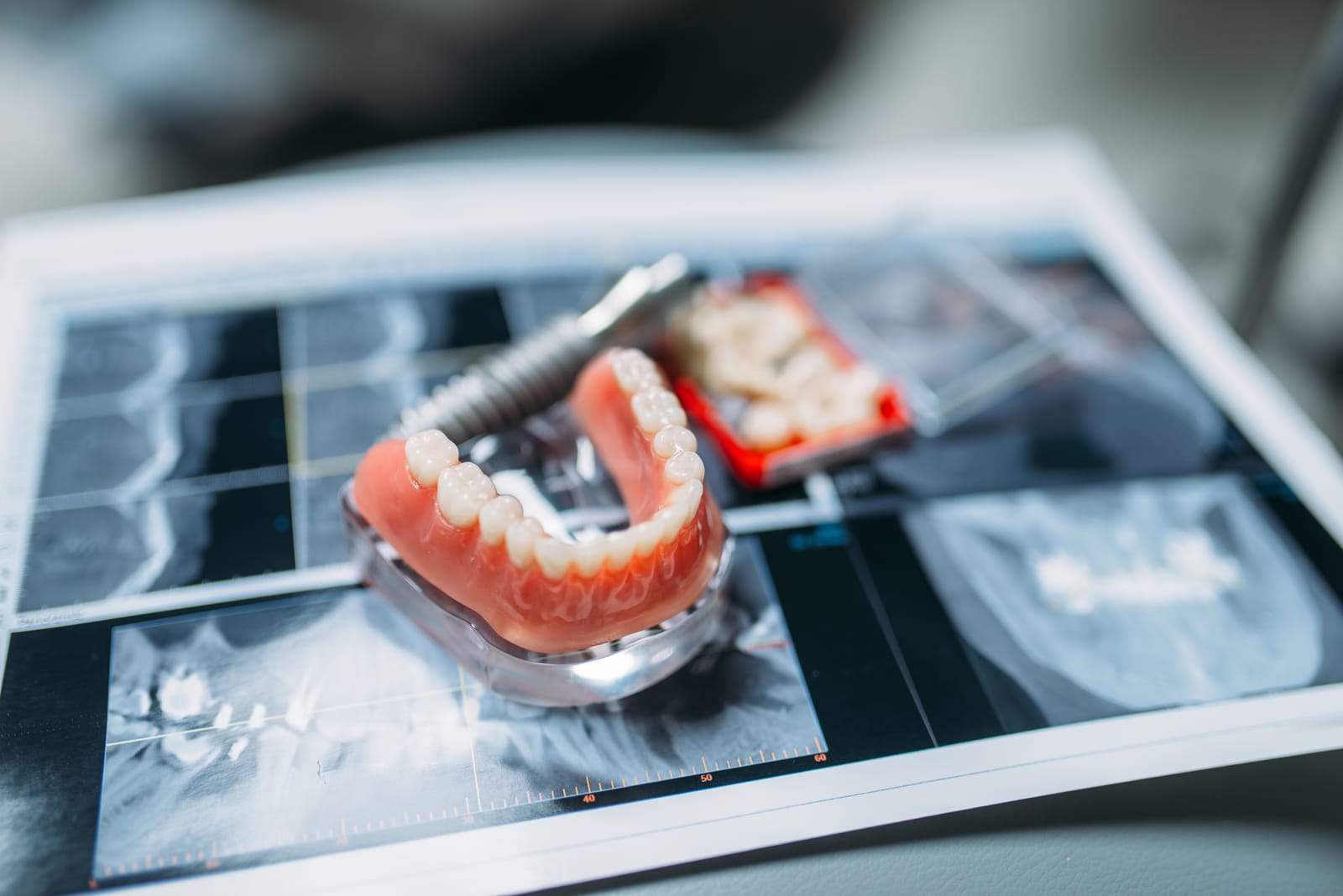Who is a Candidate for Dental Bonding?

If you are not pleased with the appearance of your smile, dental bonding is one of the treatments the dentist might suggest to restore your dentition. It can help change the appearance of a tooth that seems unsightly or causes embarrassment when you smile. Dental bonding is one of the least invasive and cheapest procedures available under cosmetic dentistry, but it is not effective for everyone. Knowing the requirements and its applications will help you determine if dental bonding will be effective for your dental problem.
Who is eligible for dental bonding?
The following are applications of dental bonding and how to determine eligibility for the procedure:
People with aesthetic issues
An ideal candidate for dental bonding would be someone whose smile is aesthetically unappealing. This does not include patients who have suffered extensive decay or trauma. Instead, it is restricted to patients with minor dental issues, such as small chips, discoloration, minor cracks on the enamel or gaps between the teeth. These issues do not need extensive restorative processes and can be corrected with dental bonding.
Anyone hoping to undergo dental bonding must have a healthy set of teeth. The tooth can be chipped, cracked or discolored, but its roots must be free of infection, and most of the enamel structure must be intact. First, the dentist will choose a color of resin that is nearly identical to the teeth color. A mild etching material will be applied to the tooth to improve adhesion.
Dental bonding utilizes composite resin that looks like natural teeth. It is applied over the enamel and shaped to match the appearance of the remaining teeth. After the dentist adjusts it to the desired shape and size, the resin is solidified with an ultraviolet curing light. Bonding the tooth takes about 30 minutes to an hour, and minimal tooth preparation is required.
A solution to unique dental problems
The dentist may also use dental bonding to correct special issues, such as a tooth that looks too short (gummy smile). Dental bonding is not usually recommended when several teeth need to be restored or when the back teeth are involved. Excessive chewing or undue stress on the bonding material could result in damage, meaning another dental restoration will be necessary.
The benefits of dental bonding
Dental bonding has many advantages over other cosmetic procedures. Dental bonding is affordable and offers natural-looking and durable results. Unlike porcelain veneers and dental crowns that have to be fabricated by the dental lab, dental bonding can be completed in a dental appointment. Since little or no portion of the enamel is removed for the procedure, dentists rarely use anesthesia. With dental bonding, patients can get an attractive smile conveniently in no time.
In conclusion
Dentists usually suggest dental bonding for minor cosmetic issues and for teeth that do not see excessive use. Also, patients must be healthy and free of other dental health problems that could affect the outcome of the procedure. If you think you might be eligible for dental bonding, book an appointment with the dentist for a consultation.
Request an appointment here: https://www.stgeorgedentalcare.com or call St. George Dental Care at (435) 628-9099 for an appointment in our St George office.
Check out what others are saying about our services on Yelp: Read our Yelp reviews.
Recent Posts
Losing teeth can feel overwhelming. Besides the pain and discomfort, there's also the worry about your appearance and ability to eat normally. Traditional dentures require multiple appointments spread over weeks or months. But what if you could walk out of your dentist's office with a complete set in a single day?Dentures in a day make…
Having a sensitive sense of smell can be both a blessing and a curse, as nothing disrupts personal comfort more than an unpleasant odor emanating from your mouth. A common concern for dental patients is the distinct and often embarrassing "rotten tooth smell." Understanding its causes, implications, and the appropriate remedies is crucial for maintaining…
Brushing your teeth is essential for maintaining a healthy, beautiful smile, and using an electric toothbrush takes oral hygiene to the next level. At St. George Dental Care, located in St. George, UT, we're passionate about helping our patients maintain optimal oral health through modern dental practices and expert advice. Electric toothbrushes are revolutionizing dental…
When it comes to maintaining your dental health, understanding the professionals who provide care can make all the difference in your experience. The terms "dentist surgeon" and "dentist" are often used, but many people don't fully grasp the distinctions between them. Are their education, scope of practice, and services they provide the same? Which should…


